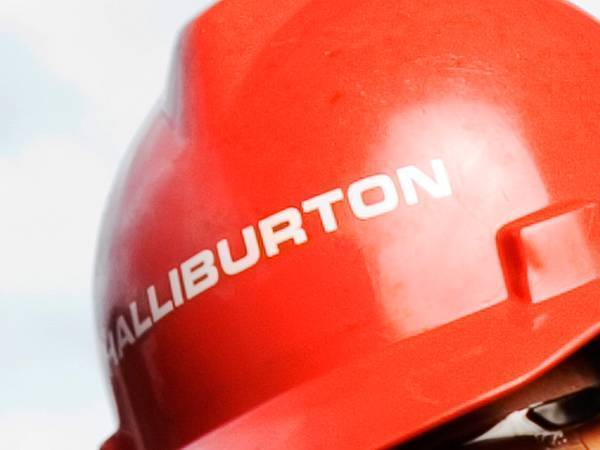
Halliburton has not proposed buying Exxon Mobil's stake in Iraq's West Qurna 1 oilfield, a spokesperson for the U.S. oil services company said on Wednesday, denying comments from a senior official from Iraq's Basra Oil Co. (BOC).
"We are not buying an oil field and are not partnering to buy an oil field. We do not typically discuss commercial terms for bids or tenders, but in this case we want to be clear that we are not buying any fields," said Halliburton spokesperson Emily Mir.
Hassan Mohammed, deputy BOC manager in charge of oilfields and licensing rounds affairs, earlier told a press conference that Halliburton had submitted a proposal to buy Exxon's stake in the southern West Qurna 1 field
He added, however, that the Iraqi government's preferred option was for BOC itself to buy Exxon's stake in the field.
Iraq said in April that Exxon was seeking to sell its 32.7% stake in West Qurna 1, and that the oil ministry had started discussions over a possible deal.
Separately, Iraq will start work to maintain and upgrade its key undersea oil exports pipelines and its two onshore ports that will help boost export capacity to six million barrels per day (bpd) in 2025 from 3.2 million bpd currently, Ahmed Fadhil, deputy BOC manager in charge of oil exports facilities upgrading operations told Reuters.
Fadhil said bids had been completed to invite foreign services companies to compete to build two undersea 48-inch oil exports pipelines to replace existing outdated lines.
Construction work to build the two lines to ship crude oil to the Basra offshore terminal is expected to start in the second quarter of 2022 and the new undersea lines are expected to be operational in mid-2024, said Fadhil.
A third undersea pipeline is under construction currently and is expected to be completed in mid-2023. The three export lines have a combined capacity to export three million bpd.
Iraq has also awarded a deal to a Russian company to assess damages and start repair works on another 42-inch undersea export pipe which transport crude oil to its Khor al-Amaya terminal, one of its two southern offshore oil export terminals, said Fadhil, without naming the company.
Loading operations have been halted at Khor al-Amaya since 2017 when the pipeline suffered ruptures and leakages, and had to be shut.
Maintenance operations are expected to be completed to bring back crude loading operations at Khor al-Amaya by the end of 2022, with initial capacity to pump 400,000 bpd, said Fadhil. (Reporting by Aref Mohammed in Basra Writing by Ahmed Rasheed Editing by Louise Heavens and Mark Potter)